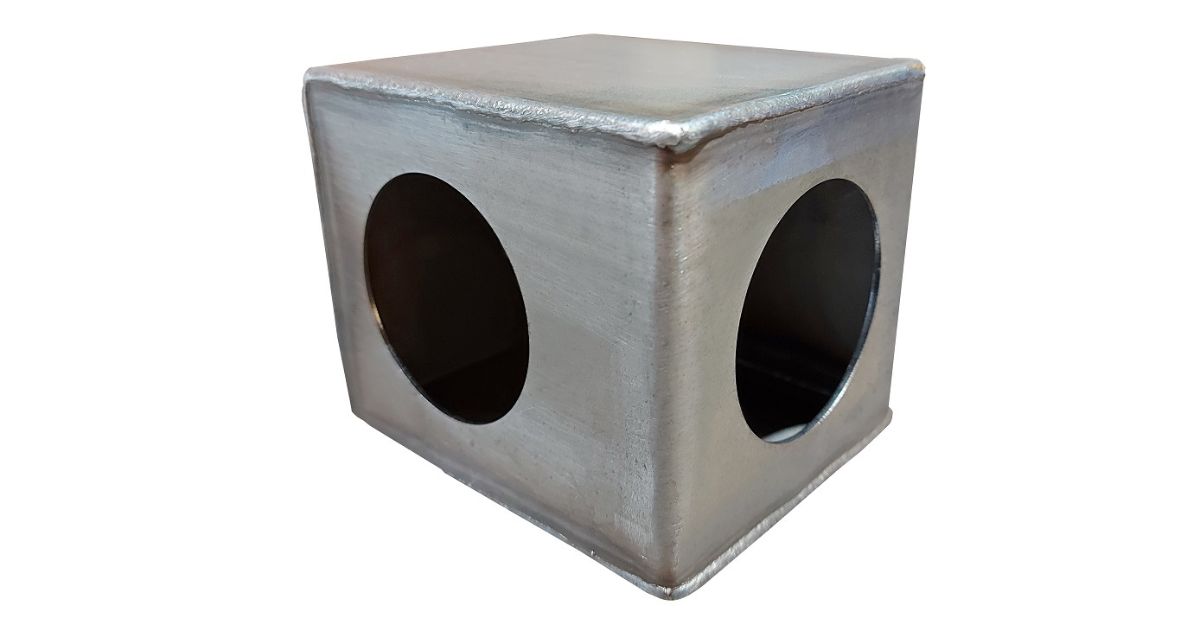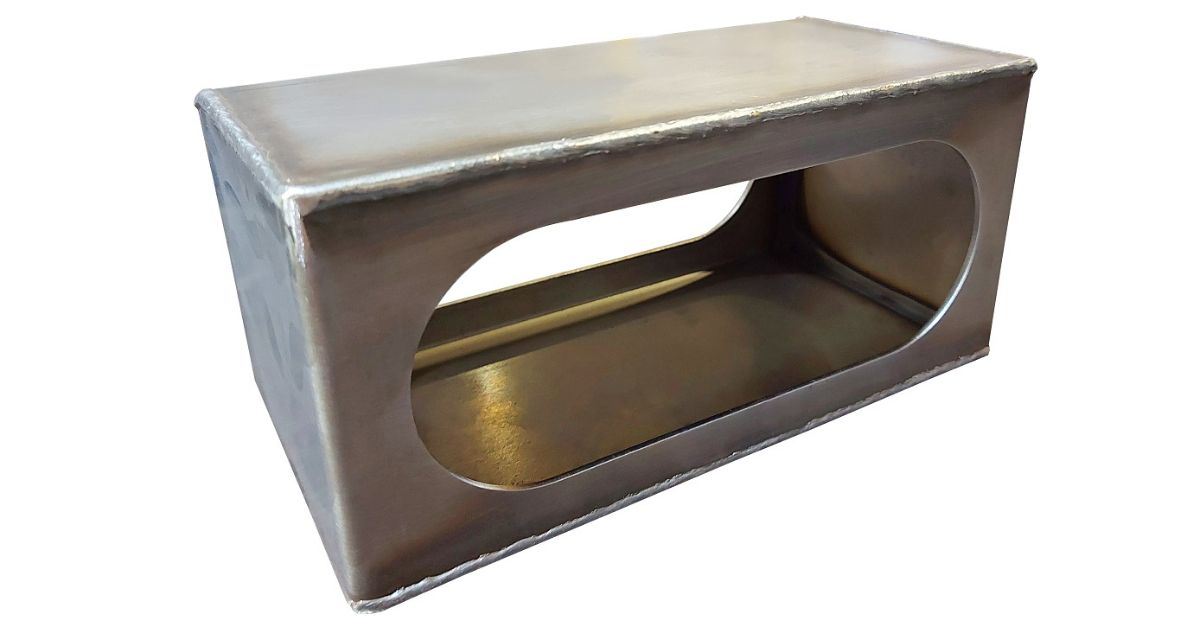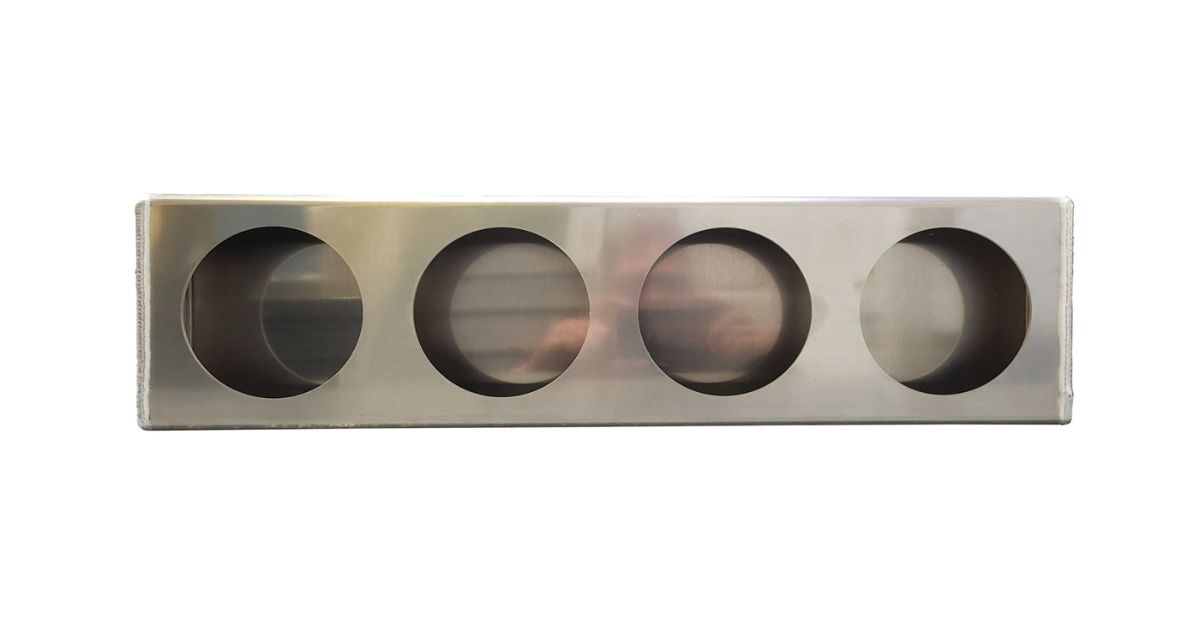Lighting is critical in ensuring the safety and efficiency of semitruck trailers on the road. Whether you’re managing a fleet of semis or operating your own rig, proper trailer lighting is necessary—not just for regulatory compliance but also for protecting drivers, pedestrians, and fellow motorists. This guide will cover 10 essential types of lighting for semitruck trailers, along with tips to keep your lights in top condition.
Understanding Semitruck Trailer Lighting
Semitruck trailer lighting encompasses all the lights, reflectors, and illumination systems attached to a semitruck trailer. Manufacturers design these lighting systems carefully to meet these three key goals:
- enhance the trailer’s visibility to other drivers on the road
- provide functional lighting for specific tasks, like reversing or cargo handling
- comply with legal requirements for road safety
Without proper lighting systems, trailers face increased risks for everything from collisions to fines. Each lighting feature plays a unique role in improving safety and efficiency while preventing costly accidents or legal issues.
Importance of Proper Lighting
When you invest in proper trailer lighting, you go beyond just ticking off legal checkboxes. You also foster a culture of safety and organization within your operations. Here’s how.
Improved Road Safety
When your trailer uses lights on highways and city streets, other drivers can see it more easily. This increased visibility can prevent many accidents from occurring.
Easier Maneuverability
Functional lights, like reverse and under-glow lights, improve essential visibility when it’s dark outside. They are especially helpful when parking, loading, or reversing at night.
Enhanced Professionalism
Quality lighting highlights the details of a well-maintained fleet by helping every vehicle look its best. The enhanced appearance of your fleet gives your company a polished and reliable image.

Types of Semitruck Trailer Lighting
Proper lighting is essential for any semitruck trailer because it ensures both functionality and compliance with safety regulations. Various types of lighting are available, each serving a specific purpose to improve visibility, communication, and aesthetics. Understanding these options helps fleet operators choose the most suitable solutions for their needs.
LED Marker Lights
LED marker lights are essential for outlining the dimensions of your trailer. These lights are positioned along the trailer’s edges, highlighting its length and width. Doing so, they reduce the risk of side collisions and improve safety for surrounding drivers.
Stop/Tail/Turn Lights
Stop, tail, and turn lights are multitasking champions communicating vital information to other road users. They signal stopping, braking, and turning intentions, giving other drivers ample notice to adjust their movements. Reliable stop, tail, and turn lights are an absolute must for avoiding rear-end accidents and other road hazards.
Clearance Lights
Clearance lights are positioned on the sides and upper corners of trailers to indicate their overall width and height. They’re particularly useful when driving through tight spaces or in the dark. These lights help other drivers stay a sufficient distance away, offering added safety on crowded highways or narrow roads.
License Plate Lights
Don’t overlook this small but crucial detail! License plate lights keep your trailer’s registration plate visible, even on dark roads. Most importantly, they make you compliant with legal requirements—not something you want to skimp on.
Interior Cargo Lights
Loading and unloading cargo at night or in dim storage yards can be a hassle without adequate lighting. Interior cargo lights brighten the inside of your trailer, enabling drivers and workers to safely handle goods at any time of day. With these lights, you reduce the risk of workplace injuries or misplaced shipments.
Reverse Lights
Reverse lights aren’t just a courtesy. These lights notify other drivers and pedestrians that your trailer is backing up while illuminating the path behind you. This added visibility is invaluable when reversing into docks, navigating tight spaces, or working in poorly lit areas.
Side Reflectors
While side reflectors aren’t technically lights, they serve a similar purpose. When illuminated by other cars’ headlights, their reflective surfaces make your trailer noticeable from the sides. This can help prevent accidents, particularly at intersections and during nighttime operations.
Strobe Lights
In low-visibility conditions like fog, heavy rain, or construction zones, strobe lights add extra safety to your operations. They alert nearby drivers to your trailer’s presence even when it’s not easily visible to the naked eye.
Corner LED Lights
Strategically placed at the trailer’s corners, these lights enhance visibility from all angles. Corner LED lights are especially beneficial at intersections and parking areas where other drivers need clear indicators of your trailer’s full dimensions.
Under-Glow Lights
Under-glow lights add a modern, stylish touch while serving a practical purpose. Positioned beneath the trailer, these lights improve visibility directly under the vehicle. They’re particularly useful for spotting obstacles when parking or maneuvering in tight areas.

Best Practices for Lighting Maintenance
Keeping your trailer lighting in top condition becomes your next priority once you’ve installed the lights and they’re functioning. Regular upkeep helps your trailer lights remain functional and reliable, providing safety and peace of mind on the road. Apply these tips to ensure your lights work for the long haul.
Inspect Regularly
Before every trip, take the time to walk around your trailer to ensure everything is in working order. Check that all lights and reflectors are functional, clean, and free from any damage.
Replace Bulbs Promptly
Never delay replacing faulty bulbs. Use LED options for longer-lasting performance.
Clean Often
Dirt or grime on lenses can block light output. Wipe lights clean often, especially after driving on muddy or dusty roads.
Check Wiring
Loose or corroded wiring can lead to connectivity issues. Ensure all wires and connectors are securely fastened and in good condition.
Test Backup Systems
If your lighting system is connected to additional power sources, it’s important to test these systems regularly.
Brighten Your Fleet Today
Every successful trucking operation runs on visibility—and great lighting is the foundation of visibility. By understanding the 10 essential types of semitruck trailer lighting, truckers and fleet managers can promote safer, more reliable journeys for everyone on the road.
If you’re ready to level up your trailer’s lighting, check out the premium lights and trailer light boxes available at Star Fabrication. Our curated collection combines durability, functionality, and style to meet the highest safety and design standards. Browse our selection today to keep your fleet shining brightly.


No comments yet.